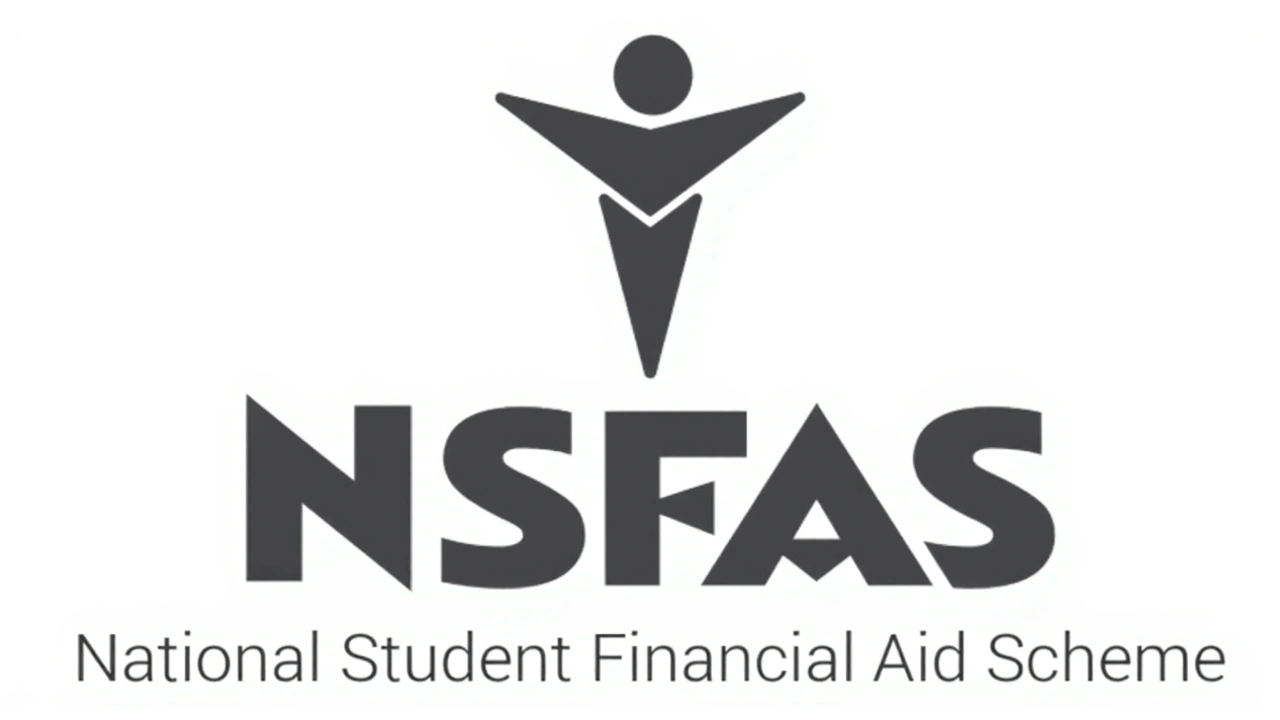- Arthur Zwane Steps Down as MKMVA Secretary-General Amid ANC Power Struggles Jul 2, 2024
- Vybz Kartel's Journey to Health Post-Prison: A New Chapter for the Dancehall Legend Aug 7, 2024
- France's Snap Parliamentary Election: Left-Wing Coalition Secures Most Seats - A Victory for Progressive Policies Jul 8, 2024
- Libya’s penalty blunder hands Cape Verde 2-1 win, dashing AFCON hopes Oct 9, 2025
- Italy Clinches 1-0 Victory Over Bosnia and Herzegovina in Euro 2024 Warm-up, Thanks to Davide Frattesi's Goal Jun 10, 2024
NSFAS: Quick, Practical Guide for South African Students
Need help paying for college or a TVET course? NSFAS is the main funder for students from low-income homes in South Africa. This page gives straight answers: who qualifies, how to apply, what papers to gather, and quick tips to avoid delays.
Who qualifies and how to apply
NSFAS supports South African citizens, permanent residents and some eligible refugees studying at public universities or TVET colleges. The basic rule is income-based: your household must meet the current means test (check the latest threshold on the NSFAS site). You also need to be accepted or registered at a public institution.
Apply online at the myNSFAS portal during the application window. If you don’t have reliable internet, visit your campus financial aid office or a community access point that helps students with applications. Create an account, fill in personal and household info, attach documents and submit. You’ll get updates by SMS and on the portal.
Paperwork, renewals and allowances
Most common documents: your ID or birth certificate, proof of income for parents or guardians (payslips, affidavit, SASSA letters), proof of acceptance or registration at your institution, and your bank details for payment. Scan and upload clear copies; blurry files cause delays.
If you already receive NSFAS, you must renew every year. Renewal usually asks you to confirm your course registration and update any changes in household income. NSFAS typically covers tuition and registration fees, and may pay allowances for accommodation, books, travel and personal care depending on need and eligibility.
Common problems and smart fixes
Missing documents is the top cause of delays. Make a checklist before you start: IDs, proof of income, proof of study, and a certified affidavit if a parent is unemployed. If your application is declined, check the reason on the portal and submit an appeal with supporting evidence. Appeals have deadlines—don’t wait.
Beware of scams. NSFAS does not charge an application fee and won’t ask for banking passwords. Only use the official portal or your campus office. If someone promises guaranteed funding for a fee, walk away and report them to your institution.
Where to get help
Start at the myNSFAS portal and the funding FAQ. Your college or university financial aid office can help with documents and portal problems. Keep copies of everything you submit and note dates when you applied or uploaded files. Save SMS confirmations and take screenshots of portal messages.
Want updates? Bookmark this tag for news and changes to rules, deadlines or allowances. If you need quick help, check your school’s financial aid office first—staff there know local procedures and can speed things up.
NSFAS 2025 Funding Applications Open for South African Students
- Katlego Sean Mahaye
- Sep 21, 2024
The National Student Financial Aid Scheme (NSFAS) has opened its 2025 funding applications for South African students. Residents with a combined household income of R350 000 or less can apply. The funding supports tuition, accommodation, and other study-related costs. Applications are online, requiring a myNSFAS account. Students are urged to apply quickly as the deadline is not specified.
